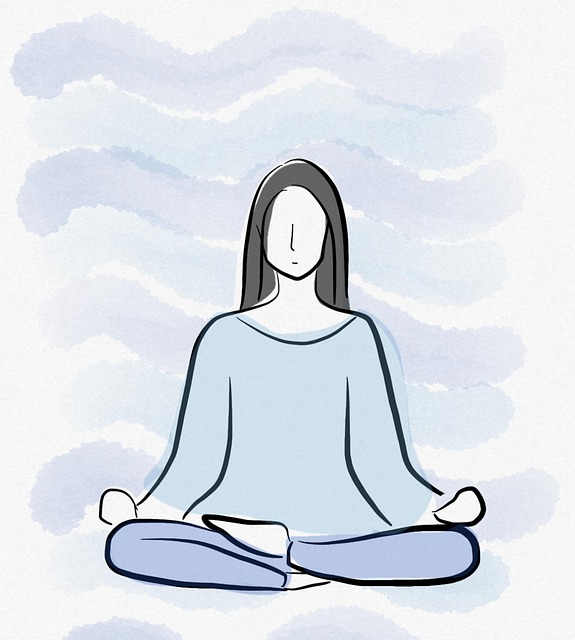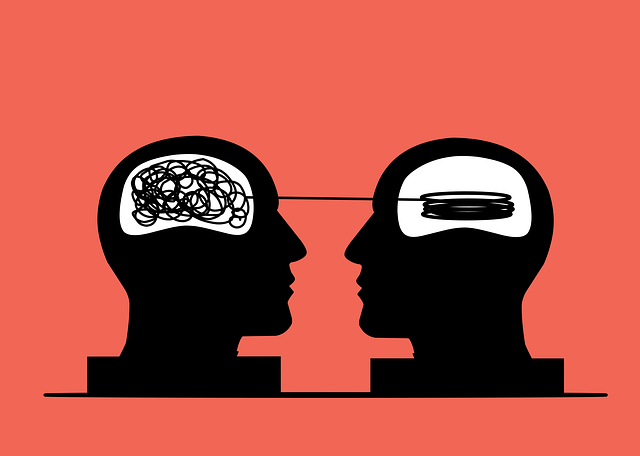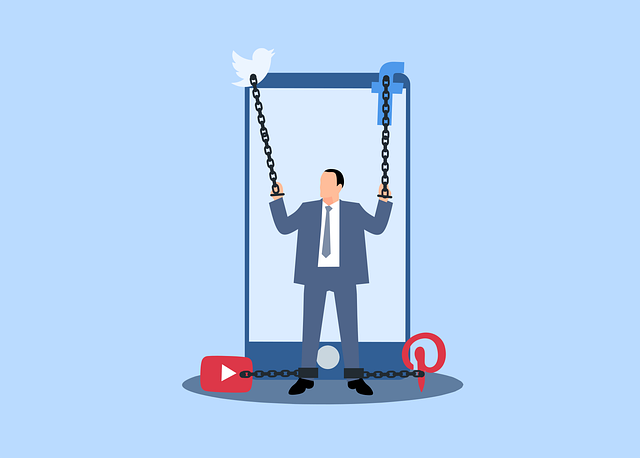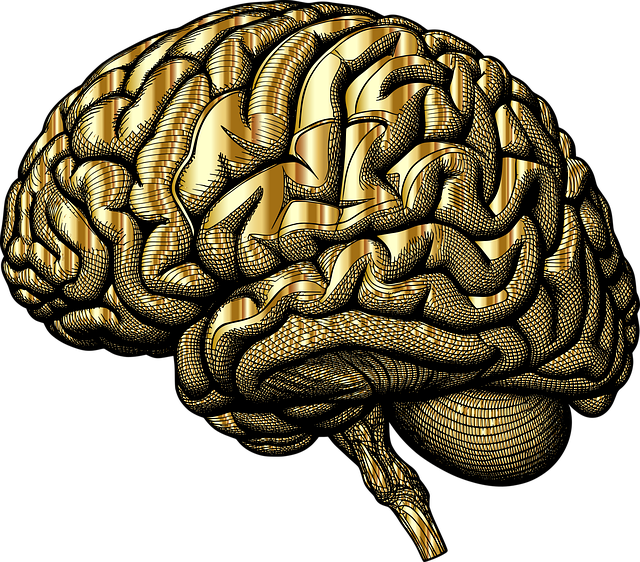Self-care is a crucial component of therapy for young children with men's issues, addressing unique challenges rooted in historical societal norms promoting emotional suppression. By teaching mindfulness, communication, and emotional awareness through play therapy and cognitive behavioral therapy (CBT), these children learn to manage stress, regulate moods, and develop healthy coping mechanisms. Incorporating daily self-care routines, such as journaling and deep breathing, enhances their mental wellness, fosters emotional resilience, and reduces stigma, ultimately improving overall well-being.
Self-care is an essential aspect of overall well-being, especially for young children and men facing unique challenges. This article explores strategies to enhance self-care practices, addressing specific issues that hinder individuals’ ability to prioritize themselves. We delve into the significance of self-care for young children, offering insights on effective therapy techniques. For men, we uncover barriers and provide practical solutions for integrating daily routines. Discover actionable steps to foster a healthier, more balanced lifestyle through accessible strategies tailored for these distinct demographics.
- Understanding Self-Care and Its Importance for Young Children
- Uncovering Men's Specific Issues and Barriers to Self-Care
- Effective Therapy Techniques for Promoting Self-Care in Kids
- Practical Strategies for Integrating Daily Self-Care Routines
Understanding Self-Care and Its Importance for Young Children

Self-care is an essential aspect of a child’s development, often overlooked but equally vital as physical healthcare. It involves nurturing one’s emotional, mental, and social well-being, enabling young individuals to manage stress, regulate moods, and develop healthy coping mechanisms. For therapy for young children with mens issues, understanding self-care practices is crucial in fostering resilience and overall growth.
In the context of healthcare provider cultural competency training, recognizing each child’s unique needs and incorporating age-appropriate self-care strategies can significantly enhance their sense of security and self-worth. By teaching them skills such as mindfulness, effective communication, and emotional awareness, children gain tools to navigate their feelings and build confidence in managing daily challenges. This proactive approach not only supports their mental health but also encourages positive relationships and a healthier lifestyle.
Uncovering Men's Specific Issues and Barriers to Self-Care

Men often face unique challenges when it comes to self-care and mental well-being. Historically, societal norms have encouraged men to suppress emotions and present a stoic front, which can lead to undiagnosed or unaddressed psychological issues. This cultural expectation creates barriers to seeking help and engaging in proactive self-care practices. Many men may not realize the significance of taking time for themselves or struggle with understanding what constitutes healthy coping mechanisms.
Identifying and addressing these specific men’s issues is crucial. Therapy for young children and adolescents can play a pivotal role in breaking down these barriers. By providing safe spaces, mental health professionals can help men build confidence and resilience while teaching them risk management planning techniques. This proactive approach ensures that men can navigate life’s challenges with enhanced emotional intelligence and improved overall well-being.
Effective Therapy Techniques for Promoting Self-Care in Kids

Incorporating effective therapy techniques is a powerful way to promote self-care in young children, addressing underlying mental health issues and fostering healthy coping mechanisms. Play therapy, for instance, offers a non-threatening environment for kids to express their emotions through play, art, or storytelling. This approach allows therapists to identify and understand the child’s experiences and feelings, providing an opportunity to teach valuable self-care principles tailored to their needs.
Additionally, cognitive behavioral therapy (CBT) has proven effective in helping children manage their moods and emotions. By teaching them to recognize negative thought patterns and replace them with positive, realistic ones, CBT empowers kids to develop a stronger sense of emotional well-being. These therapy methods not only address current challenges but also equip young individuals with tools to navigate future stressors, fostering mental health awareness from an early age, especially when considering the importance of mind over matter principles in self-care practices.
Practical Strategies for Integrating Daily Self-Care Routines

Integrating daily self-care routines can significantly improve overall mental wellness for both young children and men facing various challenges. A practical strategy is to incorporate emotional regulation techniques into one’s schedule, such as mindfulness exercises or deep breathing practices, which are simple yet effective tools to manage stress and anxiety. These activities not only enhance mental illness stigma reduction efforts but also foster a sense of calm and self-awareness.
Additionally, keeping a mental wellness journal can serve as a powerful means of reflection and processing emotions. The structured guidance of journaling prompts encourages individuals to explore their thoughts and feelings, providing an outlet for expression. This simple yet profound practice supports emotional resilience, especially when coupled with therapy for young children or men seeking to address specific mens issues. Through consistent self-care, one can cultivate a healthier relationship with oneself, leading to improved overall well-being.
Self-care is a fundamental aspect of overall well-being, especially for young children and men facing unique challenges. By understanding specific issues hindering self-care, such as those affecting men, we can implement effective strategies. Techniques like therapy have proven beneficial in promoting self-care habits in kids, while practical routines ensure sustainability. Incorporating these insights into daily life fosters a healthier, more balanced existence for all individuals, regardless of gender or age. For personalized support, seeking professional guidance is essential, particularly when addressing men’s specific self-care needs and the therapy options available for young children.









